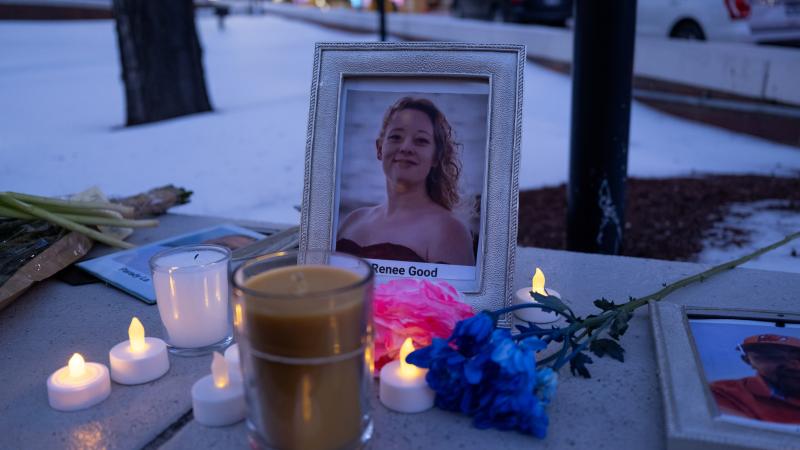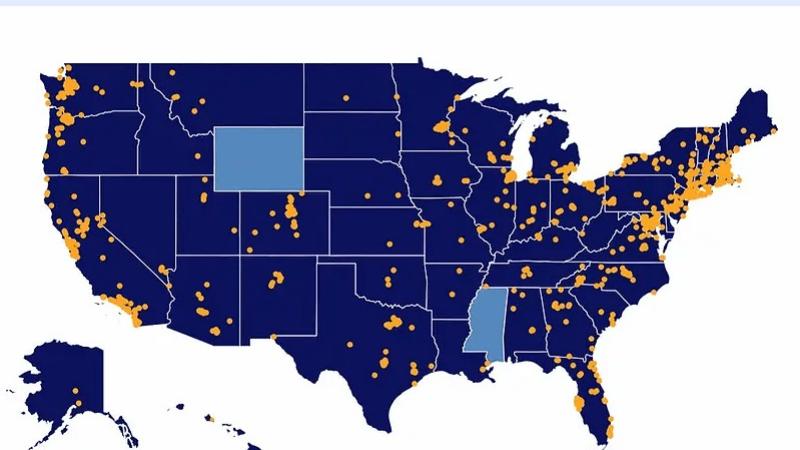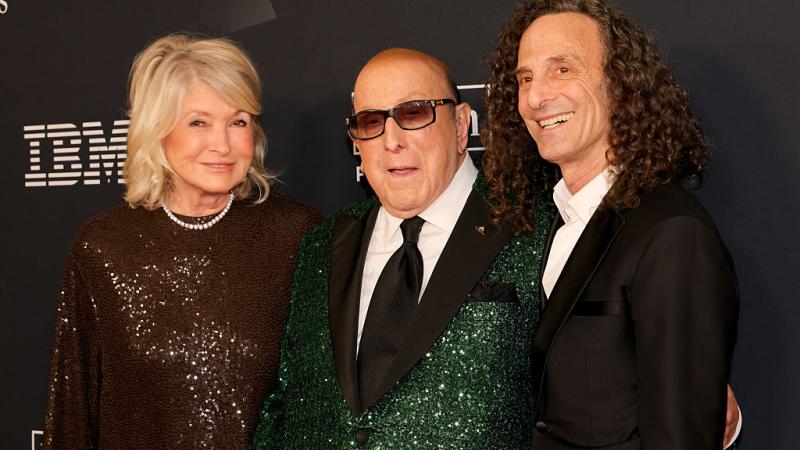Detroit voters OK reparations and decriminalize magic mushrooms
Residents also reject a proposal to give themselves more control over city spending.
Detroiters showed out on Nov. 2 to approve a committee to pursue reparations for African Americans, decriminalize some hallucinogens, and reject a proposal to give residents more control over city spending.
Proposal R
More than 72,000 voters approved Proposal R to study reparations, with nearly 18,000 voting against it. Proposal R will create a city reparations committee to recommend housing and economic development programs for Black Detroiters. On June 15, 2021, the Detroit City Council unanimously passed a resolution that “establishes a reparations process to, within the next year, develop short, medium and long term recommendations to specifically address the creation of generational wealth and to boost economic mobility and opportunity in the black community.” The committee will study the effect of reparations, who it would affect, how it’d be funded, and more.
Proposal E
More than 53,000 people voted for Proposal E, with over 34,000 opposing it. Proposal E will decriminalize entheogenic plants’ possession and therapeutic use. Entheogenic plants include psilocybin mushrooms, peyote, and iboga. The measure’s success means that police will treat adult use and possession of entheogenic plants among the lowest law-enforcement priorities.
Some believe psychedelics hold medicinal benefits, especially for life-threatening diseases. A John Hopkins randomized, double-blind study found “Psilocybin produces substantial and sustained decreases in depression and anxiety in patients with life-threatening cancer.”
“High-dose psilocybin produced large decreases in clinician- and self-rated measures of depressed mood and anxiety, along with increases in quality of life, life meaning, and optimism, and decreases in death anxiety,” the study found. “At 6-month follow-up, these changes were sustained, with about 80% of participants continuing to show clinically significant decreases in depressed mood and anxiety.”
Like marijuana, the federal government considers hallucinogenic substances a Schedule 1 drug under the Controlled Substance Act alongside heroin. A Schedule 1 drug means the government says the drugs have a high potential for abuse and are not approved for most medical treatments in the United States.
Greg Rovner, CEO of Heally, a California-based telemedicine platform for psychedelic clinics and patients looking for alternative medicine treatment, welcomed the vote.
“This is a great first step that will significantly reduce the number of people arrested for possession of Entheogenic Plants, as we’ve seen in Oakland, Denver and the whole state of Oregon,” Rovner said in a statement. “We hope local initiatives will push the federal movement toward ending prohibition and open more opportunities for medical research.”
Proposal S
More than 44,000 Detroiters voted against Proposal S, with over 38,000 supporting it.
This proposal asked voters if they wanted to assume the power to enact City ordinances, as well as the authority to nullify ordinances and issue referendums. However, these powers wouldn't have extended to the city budget and the referendum power wouldn't have extended to any emergency ordinances.















